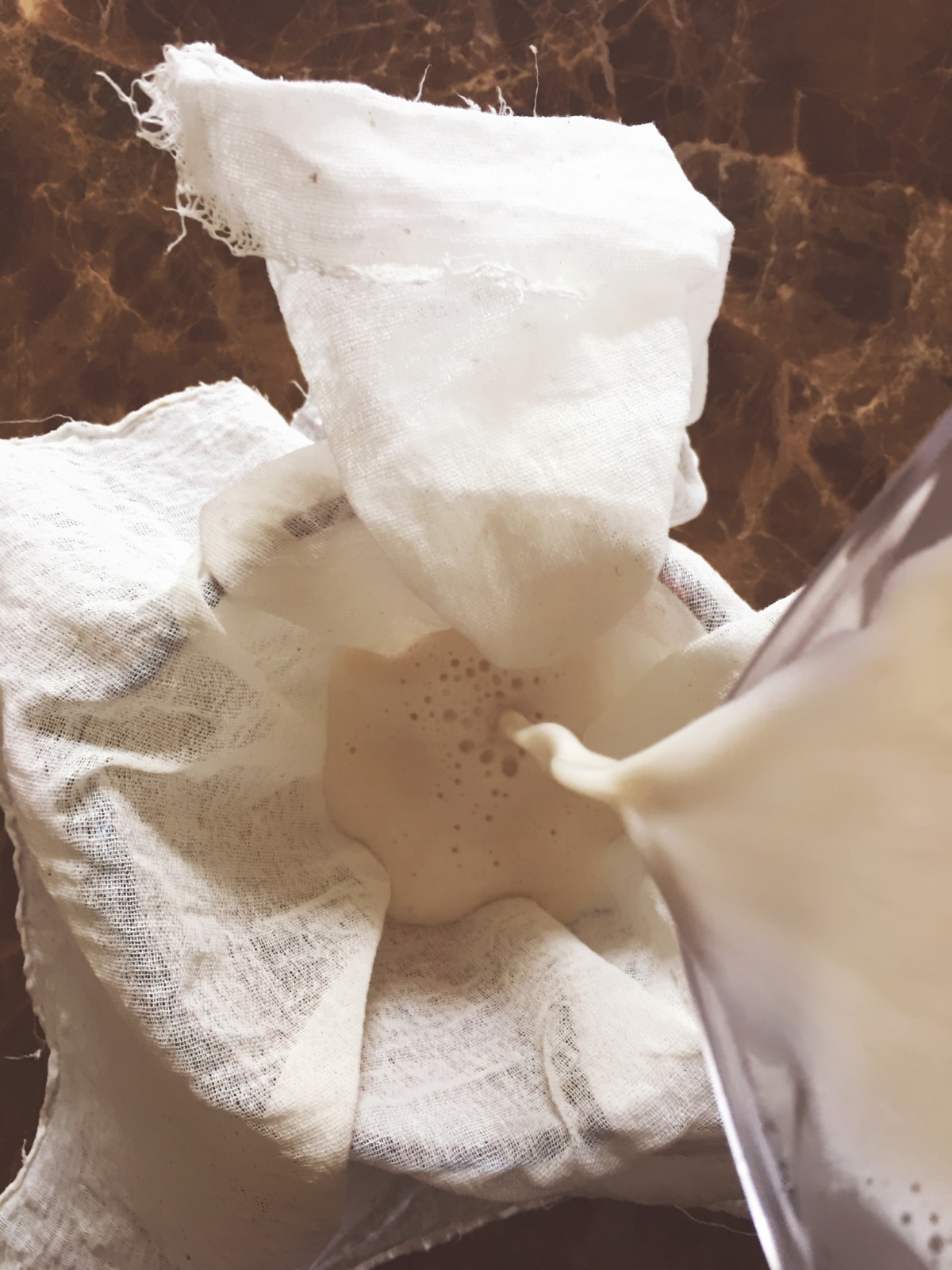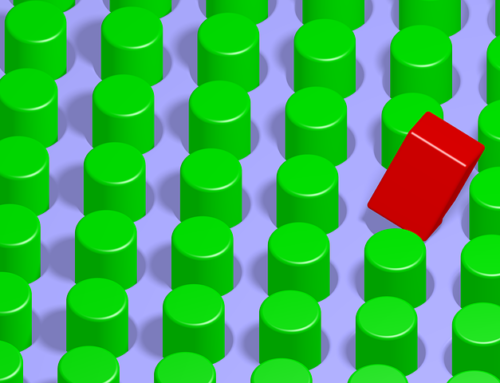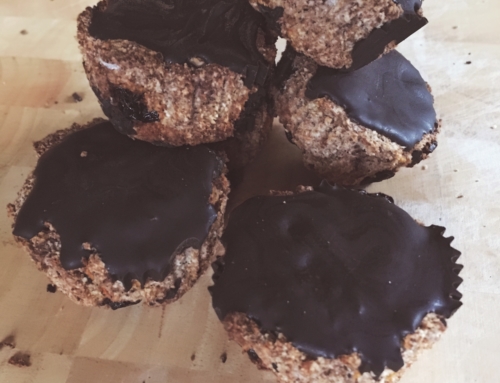Homemade Oat Mylk
Why Homemade Oat Mylk? You may be lactose intolerant, plant-based or simply exploring new avenues in the quest of better health. And so why not try a plant-based mylk for your morning coffee, smoothie or porridge? It’s more cost effective than buying store mylk and you can tailor it to your personal taste with the addition of different spices and herbs! So as long as you have oats, you got mylk too
Makes 650ml
Ingredients
- 70g (1/3 cup) organic gluten free oats
- pinch organic ceylon cinnamon
- 650ml filtered water
Method
- Add oats, pinch of cinnamon and water to glass jar and stir
- Leave in fridge overnight to soak
- Remove from fridge & pour contents into blender
- Blend on high speed for 20 seconds
- Squeeze mylk through muslin cloth into measuring jug
- Rinse glass jar & fill with oat mylk
- Store in the fridge for up to 4 days
Variations – personally I love cinnamon.. I put it in everything! But the beauty of making your own Oat Mylk is that you can flavour it how you like! Other options include cardamon and nutmeg for a more savoury flavour or vanilla for a sweeter mylk
Equipment
Blender
Muslin cloth
700ml glass jar
The Nerdy Nutritionist
Oats (Avena sativa)
Whether you are used to calling them oats or groats, there is no dispute on how versatile these little grains are. Both the flowering plant and seeds of oats are used both in food and clinically by herbalists and naturopaths around the world. Oats are very nutritious and are high in calcium, potassium, iron, manganese, phosphorus and zinc (1). They also have an impressive fatty oil composition including oleic (omega 9) and linoleic (omega 6) acids, and vitamin E (2)
The most common therapeutic uses of oats are to reduce inflammation and soothe. This is predominantly featured in skin and blood lipid disorders
Externally re used as an emollient and can be used in bath preparations for eczema, dry and itchy skin. For a demonstration on how to prepare an oat bath check out the video on how to back your own oat bath bombs https://www.youtube.com/watch?v=BVVn_BBjoLc
Oats are used greatly in cardiovascular disease to reduce high levels of blood lipids, in particular cholesterol. A high intake of oats in the diet reduces circulating levels of cholesterol in the blood (2). It does this through two mechanisms – by increasing the synthesis of bile acid and by promoting the excretion of cholesterol through the faeces (1)
References
(1) Braun, L. & Cohen, M. (2010) Herbs & Natural Supplements – An evidence-based guide (3rd ed.) Elsevier: Australia
(2) Heinrichb, M., Barnes, J., Gibbons, S. & Williamson, E. M. (2012). Fundamentals of Pharmacognosy and Phytotherapy. Elsevier: UK
(3) Wahlqvist, M, (2011) Food and Nutrition. (3rd ed) Allen and Unwin: NSW
Disclaimer
The information on this site is provided as an information resource only and is not to be used or relied on for any diagnostic or treatment purposes. This information does not create any client-practitioner relationship, and should not be used as a substitute for professional diagnosis and treatment.
Please consult your health care provider, or Health from Home Naturally, before making any healthcare decisions. Health from Home Naturally expressly disclaims responsibility, and shall have no liability for any damages, loss, injury, or liability whatsoever suffered as a result of your reliance on the information contained in this site.






